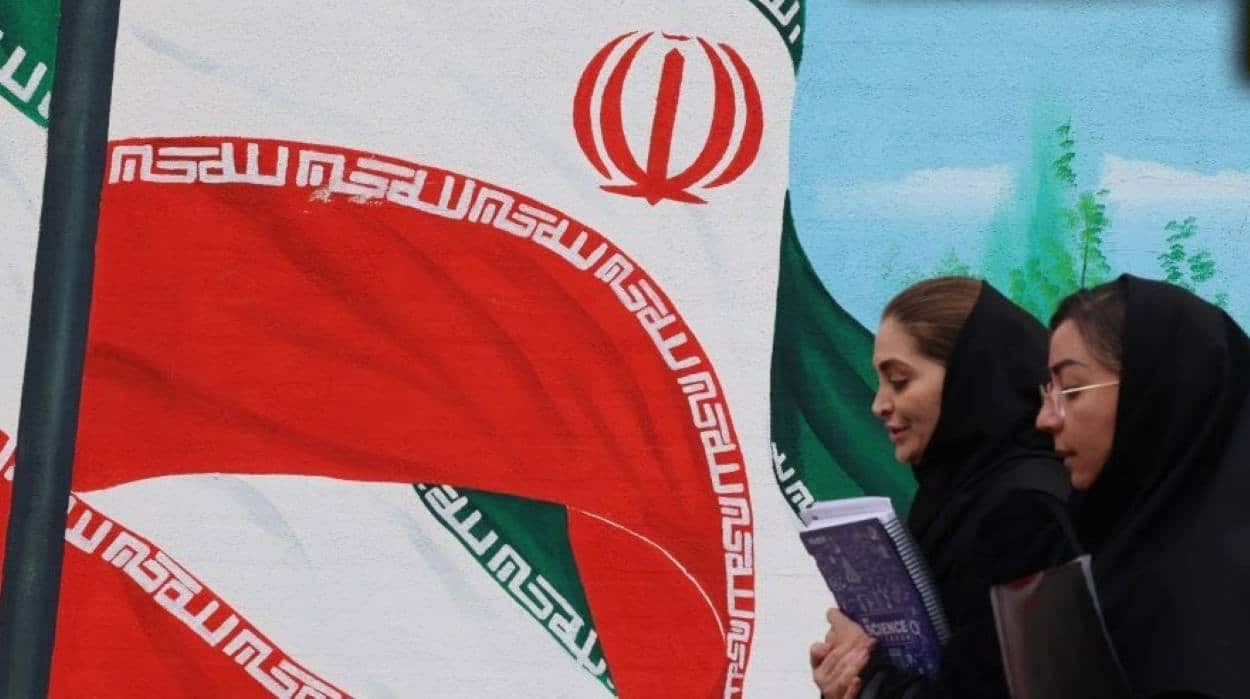Iran has decided to pause the enforcement of a stricter “hijab and chastity law” that proposed severe penalties for women not adhering to strict dress codes amid intense domestic and international backlash, highlighting a pivotal moment in the ongoing struggle for women’s rights in Iran.
The new law, intended to go into effect last Friday, would have imposed severe penalties, including fines and prison terms of up to 15 years, on women who did not completely cover their hair, forearms, or lower legs. This decision sparked a strong reaction from multiple sectors in Iran and global human rights organizations.
#FPNewsUpdate: Iran’s National Security Council has put the brakes on implementing the highly contentious “hijab and chastity law” that was slated to take effect last Friday. pic.twitter.com/9sRtHT79Te
— Firstpost (@firstpost) December 17, 2024Domestic and International Reaction
Iran’s National Security Council intervened to halt the law after President Masoud Pezeshkian criticized it as “ambiguous and in need of reform.” Amnesty International echoed his sentiments, accusing the Iranian authorities of trying to further “entrench the already suffocating system of repression.” Additionally, Masoumeh Ebtekar, a former vice president for women and family affairs, denounced the law as “an indictment of half the Iranian population.”
The hijab controversy has been a focal point of dissent since the tragic death of Mahsa “Zhina” Amini in 2022, who died in police custody after allegedly violating the dress code. Her death sparked widespread protests, with women leading the charge by openly defying the hijab rules. The arrest and subsequent release of Parastoo Ahmadi, who was detained for singing without a hijab, further galvanized public sentiment against the law.
Iran delays hijab law, president calls it 'ambiguous and in need of reform'@Mohammed11Saleh brings you this report
Read more: https://t.co/sesisoKxtT pic.twitter.com/fVICo9NJxz
— WION (@WIONews) December 17, 2024The suspension of the hijab law reflects the government’s recognition of the potential for renewed protests, similar to those that erupted two years ago. Over 300 Iranian rights activists, writers, and journalists have publicly condemned the new law, declaring it “illegitimate and unenforceable,” and have urged President Pezeshkian to fulfil his campaign promises of upholding personal freedoms.
Read: Iran Terms Female Student’s Stripping at University as Mental Health Issue
The Iranian government’s pause in enforcing the new hijab law marks a cautious step amidst ongoing pressures and protests. It underscores the power of public dissent and the global community’s role in advocating for human rights, setting a precedent for Iran’s future governance and policy decisions.






